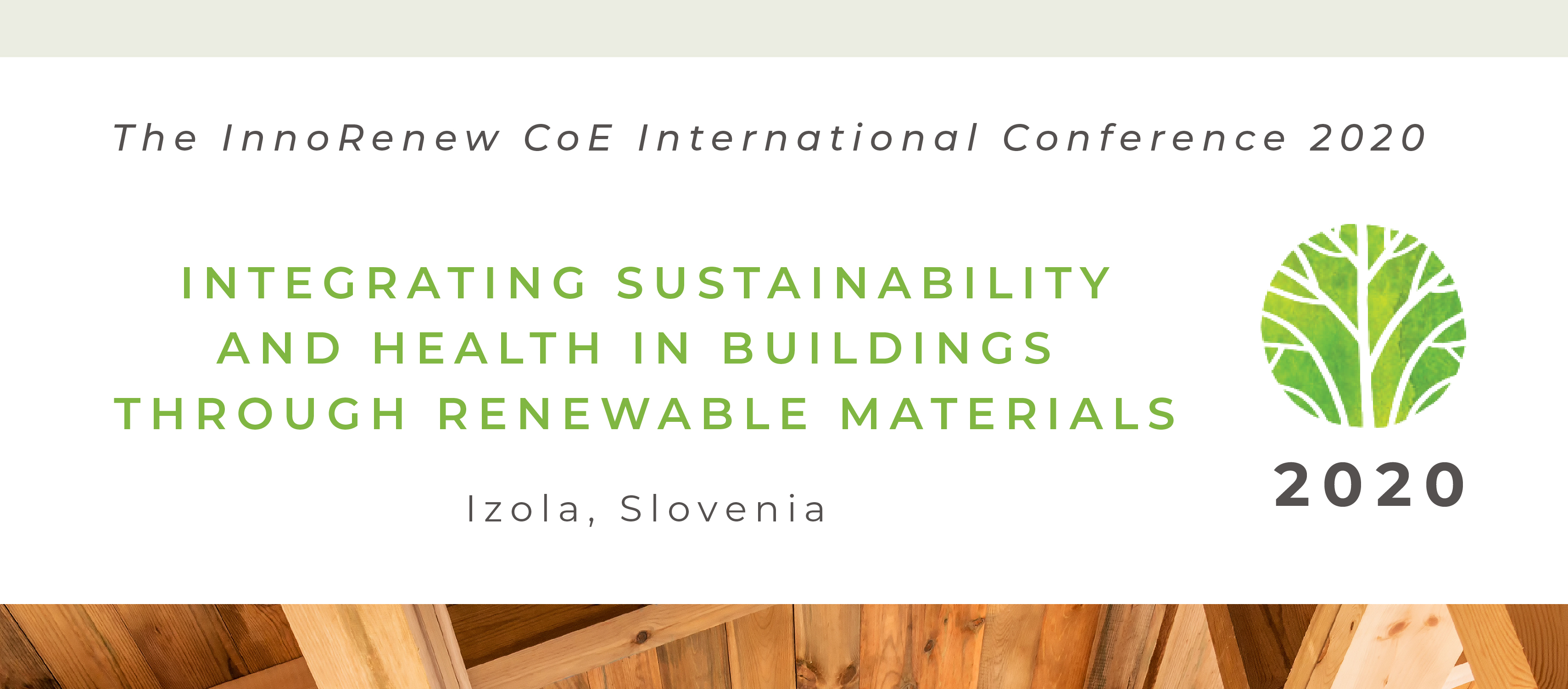Speaker
Description
Sustainable approaches in retrofitting buildings for energy efficiency are becoming inevitable in the time of global climate change. Retrofitting existing building stock can be effective in reducing global energy consumption and decreasing resource over-exploitation. However, less developed EU member states and neighboring developing countries show reluctance towards healthy and renewable materials and their use in the building recovery process. This can be explained by different influences – a chain effect that goes from legislation and lack of effective strategic programs and action plans to consumers who prefer materials that are more affordable, regardless of their environmental or health impact. This process directly reflects on an industry incapable or not interested enough to produce equally priced materials from sustainable resources. Global issues primarily reflect on developing countries, such as Bosnia-Herzegovina, that cannot afford better or more innovative energy recovery systems. This research aims to display analysis of documents and legislation regarding retrofitting of residential buildings in Bosnia-Herzegovina and Slovenia. To address this broad problem, analysis of differences between good practice environments and environments where resistance towards sustainable retrofitting is present was performed. The analysis tackled indirect causes, studied legal foundations (rule-books and official gazettes) and examined strategic frameworks (energy strategies, action plans), providing concise insight thereof and pointing out potential barriers to implementation of recommended retrofitting solutions based on renewable materials. Furthermore, this research sets a good platform for further similar analyses of other countries in the region.
Keywords: legal framework, action plans, developing countries, energy efficiency, renewable materials
Acknowledgements: This research paper was carried out through bilateral agreement E-REFIT funded by: (i) Government of Republic of Srpska, Ministry for Scientific and Technological Development, Higher Education and Information Society and (ii) ARRS – Slovenian Research Agency. The authors also gratefully acknowledge the European Commission for funding the InnoRenew project (grant agreement #739574 under the Horizon2020 Widespread-Teaming program) and the Republic of Slovenia (investment funding of the Republic of Slovenia and the European Union European Regional Development Fund).
| Consider my submission for a full-paper in the IPBE special edition for the conference? | Yes, please. |
|---|

